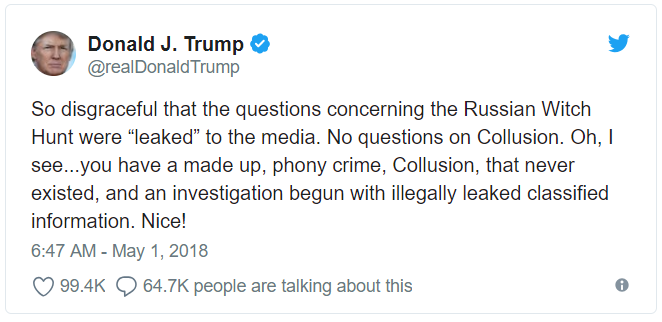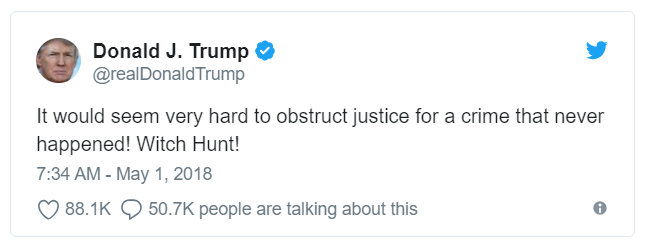A coworker asked me today how to get the mailertable relays to load balance instead of fail over. Trick is to think beyond sendmail. The square brackets around hosts tell sendmail not to check for an MX record (you’re generally using an A record, so this saves a tiny little bit of time … not to mention *if* there is an MX record there, it creates a whole heap-o confusion). *But* the MX lookup is right useful when setting up load balanced or failover relay targets.
Single host relay in the mailertable looks like this:
yourdomain.gTLD relay:[somehost.mydomain.gTLD]
If you want to fail over between relays (that is try #1, if it is unavailable try #2, and so on), you can stay within the mailertable and use:
yourdomain.gTLD relay:[somehost.mydomain.gTLD]:[someotherhost.mydomain.gTLD]
Or even try direct delivery and fail back to a smart host:
yourdomain.gTLD relay:%1:smart-host
But none of this evenly distributes traffic across multiple servers. The trick to load balancing within the mailertable is to create equal weight MX records in your domain to be used as the relay.
In ISC Bind, this looks like:
yourdomainmailrouting.mydomain.gTLD IN MX 10 somehost.mydomain.gTLD.
yourdomainmailrouting.mydomain.gTLD IN MX 10 somehost.mydomain.gTLD.
Once you have created the DNS records, simply use the MX record hostname in your mailertable:
yourdomain.gTLD relay:yourdomainmailrouting.mydomain.gTLD
By leaving out the square brackets, sendmail will resolve an MX record for ‘yourdomainmailrouting.mydomian.gTLD’, find the equal weight MX records, and do the normal sendmail thing to use both.

